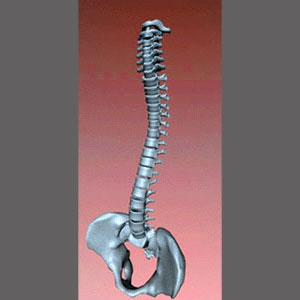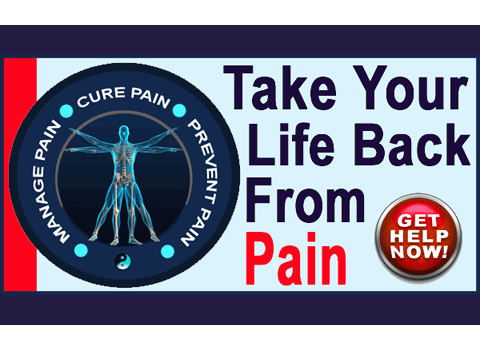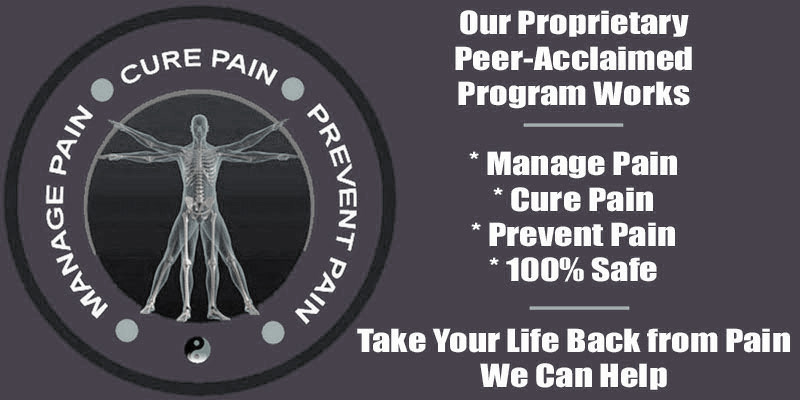
Spinal stenosis pain at night describes symptoms which tend to worsen at the end of the day. Some patients feel worse after a day working or doing any type of activity. Others suffer their worst pain when they go to bed at night and try to sleep. Regardless of when the pain exactly begins or worsens, the result is the same… a negative influence on health and reduced chances of getting the rest a patient needs to stay well.
Why does pain get worse at night? What can you do to find more comfort at the end of the day? What if your pain only occurs at night, especially in bed? What is the relevance of this occurrence?
This post details spinal stenosis symptoms that begin or worsen in the evening.
Why Do I Have Spinal Stenosis Pain at Night?
It is normal for people who work or are active to feel tired and sore in the evening to some degree. This is especially true for older people. People who have spinal stenosis may already have some degree of physical dysfunction to manage during the day, adding to this collective discomfort.
The body requires rest and at the end of a long day will seek to recuperate from the effort spent during active phases of the day. When fatigued and stressed, the body may hurt. Spinal stenosis might make this type of discomfort worse.
It is considered quite normal for pain to get a bit worse at night. However, when pain specifically occurs in bed or when trying to sleep, the true cause might be different than first perceived. Remember that the anatomy naturally craves relaxation and sleep. Pain that occurs during these times is often the indicator of a different type of causative process, with the stenosis possibly acting as a convenient diagnostic scapegoat.
Spinal Stenosis Pain Sleeping
If stenosis does not particularly worsen before bed, but does flare-up when in bed, then 2 possible scenarios might explain why:
The first possibility is positional or environmental contribution. These types of exacerbating factors may revolve around the mattress used to recline on, the sleep position chosen or other ergonomic factor which might be creating pain.
The second contributing factor might be a mindbody process. Ischemia is the actual underlying source of pain in many spinal stenosis patients who suffer exacerbated symptoms as sleep approaches or when actually sleeping. We detail the usual reasons why this occurs in our pages covering mindbody spinal stenosis pain.
Managing Spinal Stenosis Pain at Night
Try to stay relaxed in the evening before bed. If you are tired, then be sure to rest. Try not to escalate your emotional state or do strenuous work near bed time. All of these factors can make night-time pain worse.
Try to integrate mindbody practices into your evening routine. Take time to calmly reflect and meditate for a few moments. Focus on deep breathing and use guided imagery to find focus for the day to come after rest.
Do not rely on alcohol or drugs to allow you to rest or sleep. These “solutions” are actually counterproductive an also create health risks to consider.
Study your pain and document your findings each evening. Do this objectively and calmly, without emotional turmoil. Over the course of several days or weeks, you will get to know when and how your pain flares up and potentially, why. The more you know, the better your chances of finding a legitimate solution. At the very least, you will have a comprehensive symptomatic picture to share with your doctor next time you consult with them.
Spinal Stenosis > Spinal Stenosis Advice > Spinal Stenosis Pain at Night





